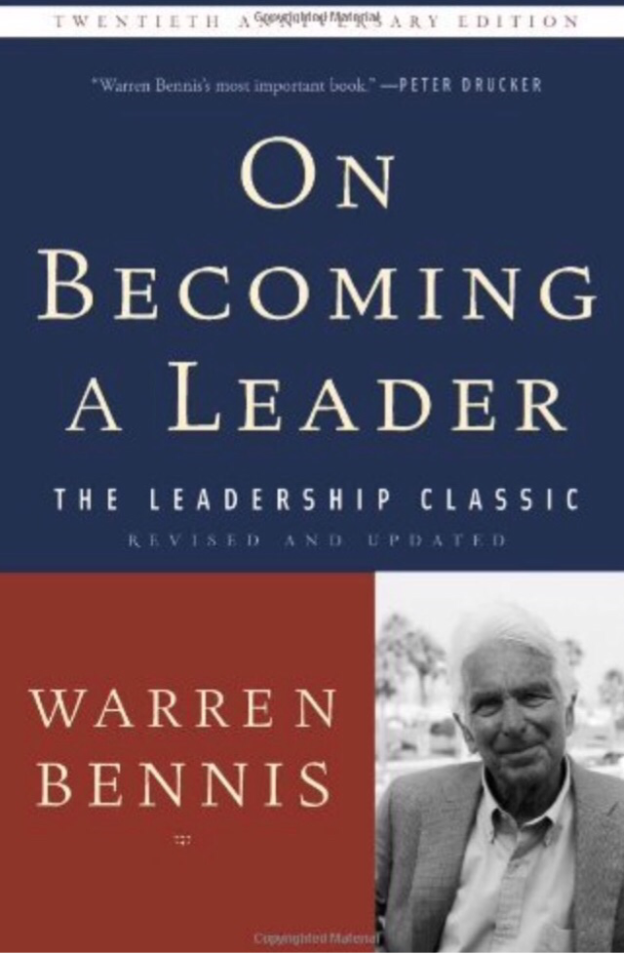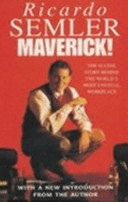On becoming a leader, by Walter Bennis
This book is a leadership classic. At least that’s what HBR told me, so I wanted to read it to see if I agreed. I stumbled across this book reading a list of 11 books every young young leader should read. This wasn’t the first book from that list I read, but so far, it’s the best. It’s full of great stories, examples and concepts that have given me a great roadmap for developing my leadership skills.
I’ve got a favourite quote from the book that describes the type of relationship I’d like to have with my company. “I am fully engaged in this company. I pay attention and I know what goes on throughout it. There is a name for that kind of responsive, responsible behavior. It’s called leadership.”
Bennis organizes his book into stories, that break out into some key ideas. I really liked this approach, as it let me bring valuable ideas with me such as his four lessons of self-knowledge:
- One: You are your own best teacher.
- Two: Accept responsibility. Blame no one.
- Three: You can learn anything you want to learn.
- Four: True understanding comes from reflecting on your experience.
There’s also a really great section that calls out the adaptation warp we all go through to deal with childhood and growing up. We learn ways of interacting or behaviours that come from life. We got lost as a kid, so we’re risk-averse as an adult. You have to understand those parts of your experience, and be aware so you can listen and respond to a group of people and communicate well. The description of innovative learning and the concrete things you can do to improve yourself are worth the read alone.
The book walks through several topics, from self-knowledge, to innovative learning, to how to craft a vision and how to be comfortable and thrive in the midst of change. The topics are relevant for any leader, and I feel like after reading through this book and taking notes I’ve got a resource I can dip into long into the future with lots of areas to improve and learn.
The stories in the book were well matched to the concepts they were building, and each concept was framed well. There was an idea presented, a story to make it human, and then a lesson clearly laid out in a statement or a set of points. The ideas were very accessible and clear, but still left a lot of room to bring it into your personal experience.
If you’re someone in leadership, and you don’t have this book on your shelf, I’d recommend putting it next on your reading list.

